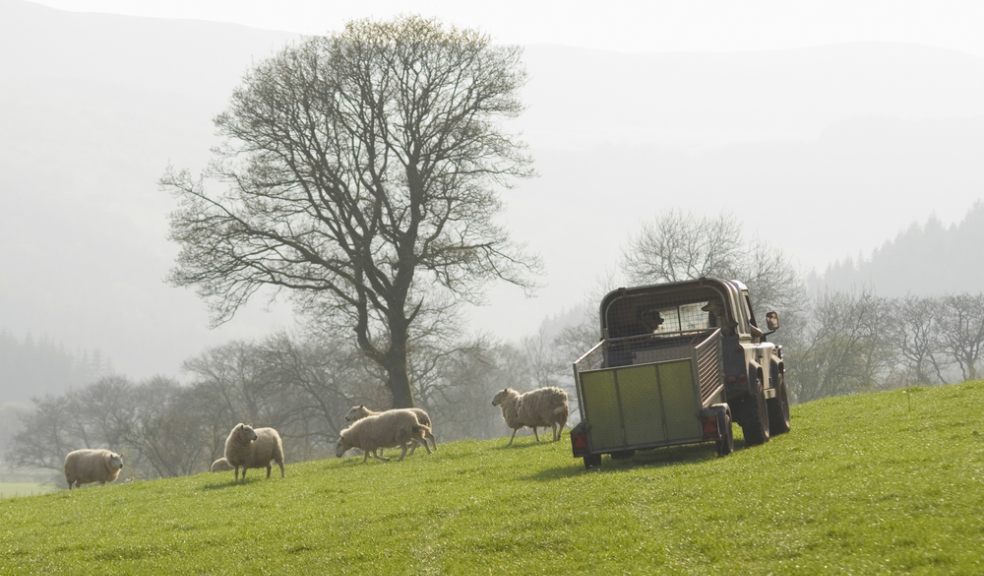
Lack of available farmland in SW
The supply of commercial farmland in the South West during the first half of 2015 remains subdued and broadly unchanged from the same period last year, while the supply of residential** land in the region has further decreased. As demand rose at a more moderate pace in the region compared to recent previous surveys the expectations for price growth over the year in the South West are also substantially more subdued, according to the latest RICS/ RAU Rural Land Market Survey H1 2015.
In the South West 25% more respondents saw a drop in the availability of residential** farmland, and the supply of commercial* farmland remained flat (a net balance of 0%) during the first half of the year. Looking at demand in the region, 25% more respondents reported demand from ‘lifestyle buyers’ to have risen while 17% more thought that demand for commercial farmland had grown.
Surveyors opinion based measure of the price of pasture land in the region fell to £7500 per acre (from £7625 previously). Meanwhile, the price of arable land in the region reached £9750 per acre in H1 2015.
Breaking down the background of those buying farmland in the region, 56% were industrial farmers, 28% non farming, 7% agri business and 5% developers. Most of the rest of the buyers were institutional investors.
Significantly, the headline transaction based measure of farmland prices across the UK fell by 2.5% during H1 2015 and by 1% over the course of the year to reach £9692 per acre. Average rents across the UK as a whole also slipped during the first half of the year for both arable and pasture land, reflecting falls in the prices of farmland produce.
Simon Rubinsohn, RICS Chief Economist, commented: “We are seeing a considerable divergence in the outlook for commercial farmland compared to land with a significant residential component. Annual average arable land rents fell by 7% during H1 and by 9.7% over the year, with anecdotal evidence suggesting the recent falls in commodity prices are the primary cause of this decline. Despite this, the lifestyle market remains relatively strong across much of the country with prices of land with a large residential component generally expected to continue moving higher.
“Political uncertainly leading up to the general election is likely to have had some further impact on the results in the survey, however, market conditions look set to remain challenging notwithstanding the outcome with the global economic environment set to remain a drag on commodity prices.”













